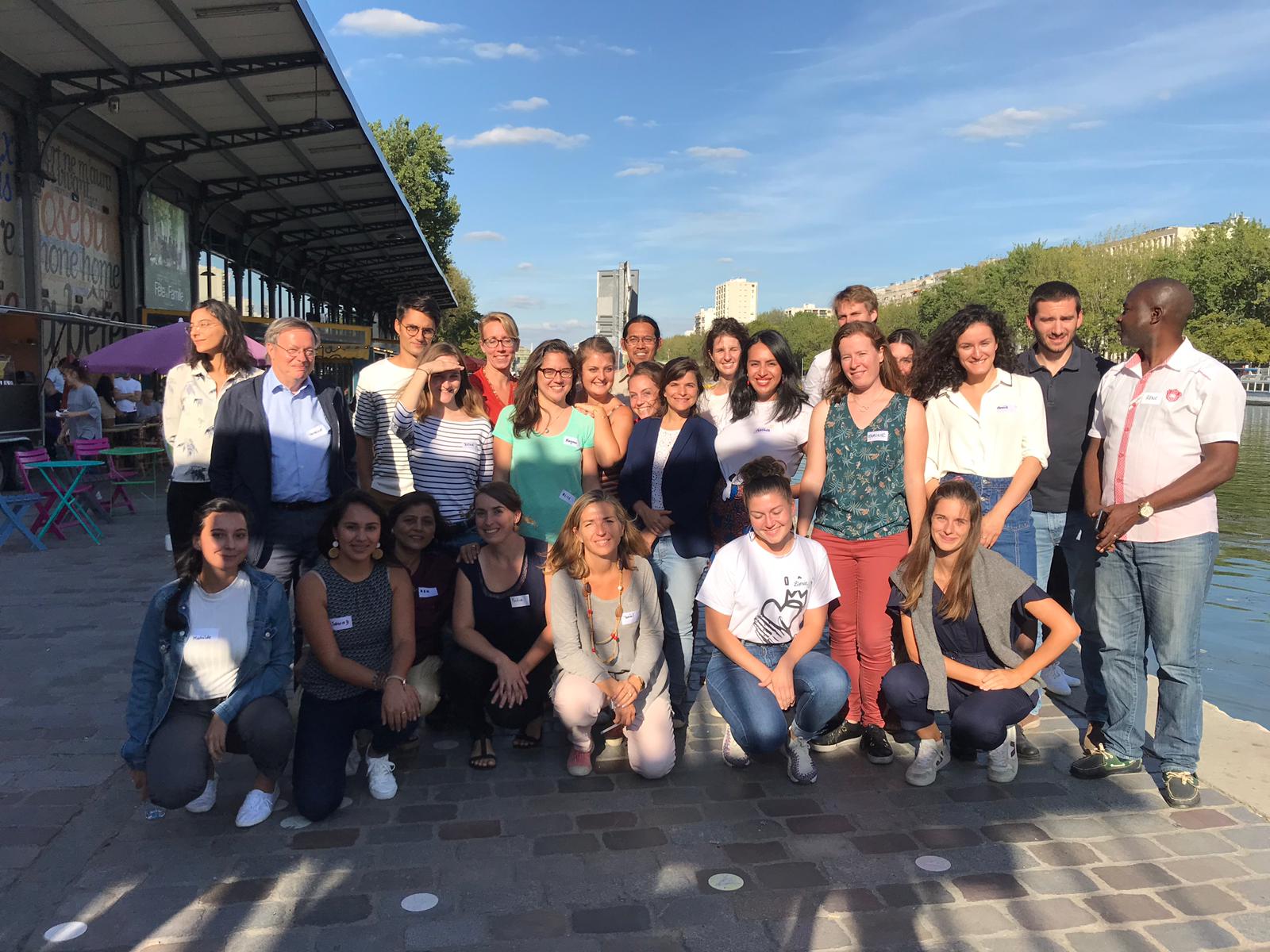
Join the team
Current offers
Would you like to join Planète Urgence as a volunteer, employee or on a voluntary mission? Discover our offers below!
Our ways of being
There are many ways to contribute to international solidarity and the environment. At Planète Urgence we have worked collectively to define 4 ways of being which correspond to us. They are common to every employee of the NGO, whatever their position:

Trust
the ability to establish a climate of trust with those you are dealing with and with other members of the team, thanks to your ability to listen, adapt, speak frankly and be reliable

Pragmatism
the ability to work with reality rather than against it, and to devise solutions tailored to the challenges on the ground

Contributive Energy
the ability to make proposals and come up with solutions for the good of the group

Solidarity
the ability to put solidarity and impact at the heart of all decisions and to be supportive of other employees. Be aware of the challenges of global solidarity and the SDGs
